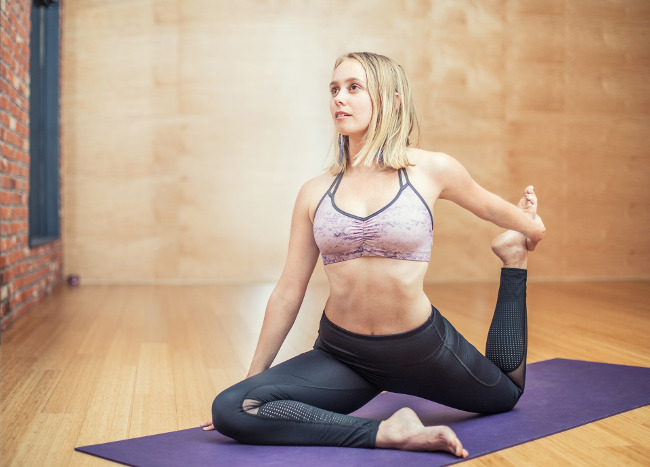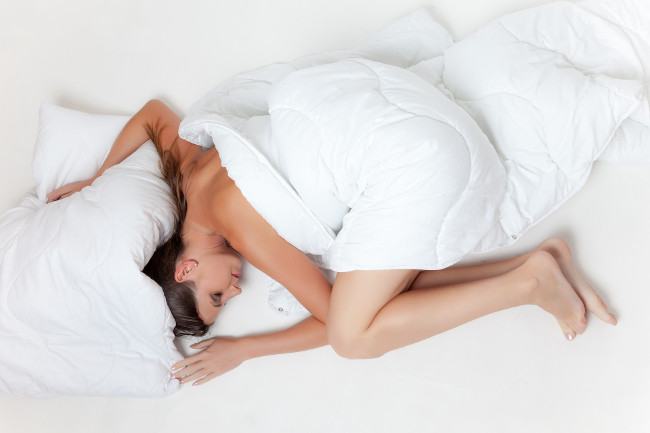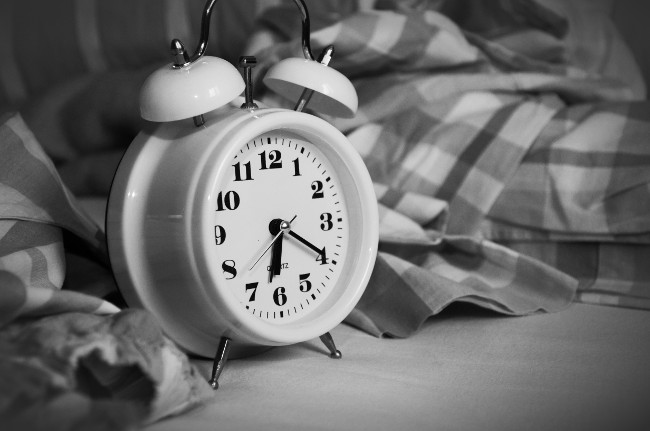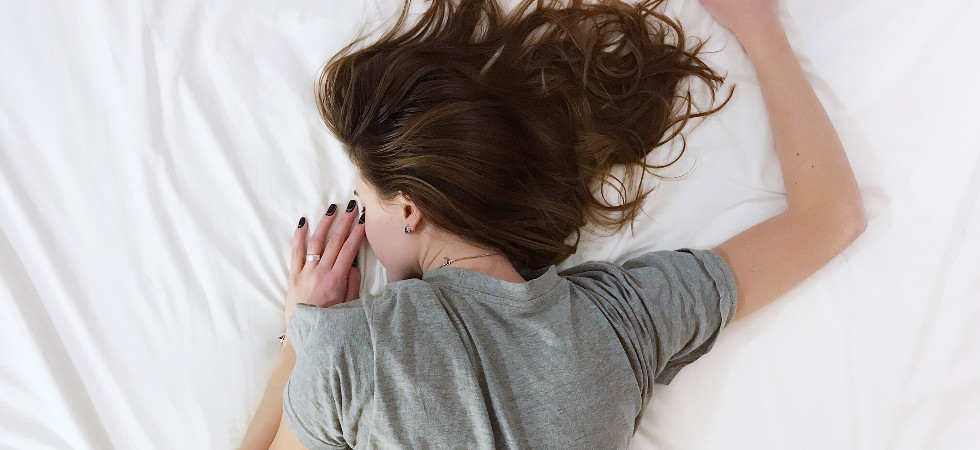Good sleep hygiene begins the moment you wake up – developing a positive daily routine in the New Year will pave the way for regular good quality sleep for you and your family. Here, Naturalmats sleep expert, Christabel Majendie gives her top tips on creating a better night’s sleep for yourself in 2018.
Daytime
⦁ Exercise during the day
Excess energy can cause restlessness at night. So daily exercise will help you use up excess energy.
Also, exercise promotes blochemicals such as endorphins, endocannabinolds and neurotransmitters, all of which can help reduce stress and anxiety.
Other benefits of regular exercise include more confidence, a distraction from worries and an improvement of overall health.
⦁ Expose yourself to sunlight
Make sure you get enough sunlight during the day. This promotes higher levels of melatonin which is essential; for maintaining a healthy circadian rhythm. It’s important that your baby
Sunlight can also help you get more Vitamin D. Some studies suggest that Vitamin D has a positive influence on sleep.
⦁ Don’t take long naps during the day.
There are differing opinions about day – napping. However, the general advice is to avoid it altogether because it can disrupt your circadian rhythm. However, if you do nap during the day, make it no longer than 20 minutes.
⦁ Stay out of the bedroom
Get out of bed and stay out. The idea is to associate your bedroom with sleep and sex only. So if you work from home, don’t have your office or work space in the bedroom.

⦁ Develop a healthy, balanced diet
The right foods contain compounds that promote sleep. So good nutrition is an essential part of sleep hygiene.
Tip: Eat protein foods high in tryptophan, an amino acid that promotes melatonin. Pumpkin seeds, chicken, cheese, nuts, lentils, oats, beans and effs are considered high tryptophan foods.
⦁ Have an afternoon cut-off point for caffeine
Avoid caffeine 4-6 hours before bed. Switch to a decaffeinated tea, such as chamomile or a warm, milky drink. If you are dependent on caffeine in the day to keep you alert and awake, consider going to bed earlier each night instead or address the factors that may be impacting on your sleep quality.
As you probably know, caffeine is a stimulant. If you’re a regular coffee-head be disciplined and stop drinking tea and coffee early on in the day. Better still, give up. But do as gradually as caffeine can be addictive and can produce withdrawal symptoms.
In the hours leading up to bedtime
This is an important time. The body need stop wind down and get prepared for sleep.
⦁ Avoid deep or emotionally upsetting discussions
This can fill your mind with all kinds of thoughts that will keep you awake. Be disciplined. If a loved one is being insistent, politely remind them that this isn’t the best time.
⦁ Don’t eat big meals
Avoid meals at least 3 hours before going to bed. The body needs to expend energy restoring and repairing, not digesting food. But by the same token, do not go to bed really hungry as this can keep you awake. If you are hungry, have a light snack.

⦁ Don’t watch TV or play computer games while in bed.
Or anything else that’s stimulating such as mobile phones. The blue light from these devices inhibits the development of melatonin and makes it harder for you to fall asleep.
⦁ Avoid caffeine, alcohol and nicotine
Caffeine and nicotine are both stimulants – avoid them at all costs. If you haven’t managed to establish a cut-off point for your caffeine intake, ideally at least 3 hours before sleep.
Alcohol may help you nod off, but once it’s been metabolised the withdrawal symptoms will cause arousal, therefore disrupting your sleep cycle.
⦁ Establish healthy bedtime rituals
This should become a regular habit. Ideally, the rituals should promote relaxation. Avoid doing anything to stimulating as this can have the opposite effect. Examples of bedtime rituals:
• A warm bath at set times
• Practice mindfulness techniques such as meditation
• Light reading
• Gentle yoga and pilates
Sleep Environment
The bedroom should be reserved for sleep only. Working, eating, talking on the phone and using the computer or mobile phones are daytime activities, which will weaken your association with the bedroom and sleep and cause you to have a more disturbed night.
Many modern-day bedrooms are actually unsuitable for good – quality sleep. Research shows that improving your sleep environment can vastly improve our chances of getting a good night’s rest.
⦁ Quite, dark and cool
Darkness helps your body get the most out of sleep. Getting rid of noises and keeping the temperature cool will make you more comfortable. If you live in a noisy, light-polluted area try:
• Thicker curtains
• Earplugs
• An eye mask
Keep a window open in a summer
⦁ Go to bed naked
Evidence suggests that going to bed naked improves your quality of sleep. It helps your body regulate its temperature, meaning your sleep will not be disturbed by being too hurt.
⦁ Get rid of electronics
Now that you’ve conditioned yourself to associate the bedroom with sleep and sex, it’s time to ask: do I really need all this gadgetry in here? Keeping your bedroom clear of this stuff will help reinforce the associations will keep you out of temptations way.

⦁ Do not take your problems to bed
This is about creating a good inner environment. When you go to bed, leave your problems at the door. Whatever inner conflicts you have, make a truce and establish peacetime. This will help you sleep better. You can always pick up the ‘mental fight’ the next day.
Spend 10-15 mins each day writing down your worries and how you are going to deal with them. If worrisome thoughts enter your mind just as you are going to bed, you can remind yourself that you are dealing with the issues.
⦁ Comfortable Bedding
Good quality bedding is essential for a good night’s sleep. Being comfortable helps you relax. This in turn helps you nod off.
There are different factors to look out for when choosing the right bedding. Here are the most important:
• Breathable: A well – ventilated mattress keeps you more comfortable by allowing body heat to escape.
• Hypo – Allergenic: Allergies can keep you awake at night. If you are allergic to common fibres, it’s important you choose bedding with anti-allergy protection.
• Anti-dust mites: Products that prevent dust mites from colonising your bed are available on the market. Worth considering since the little critters can irritate your skin and disrupt your sleep.
Trying to sleep
Most of us have been there at some point: We’re in bed and yet we cannot switch off. This can be especially frustrating when we have important events the next day.

⦁ Do not clock watch
Naturally, as you lie there trying to sleep, you will worry about time. However, don’t do it. Watching the clock will just cause more anxiety and make it harder for you to drift off.
⦁ Do not try and force yourself to sleep
It will have the reverse effect. Instead, conjure up pleasant scenes in your mind’s eye and forget about falling asleep.
⦁ Worrying only makes it worse
Just resign yourself to the idea that it’s already late and there is nothing you can do about it. You will be surprised how this will lift the load and help you relax.






















